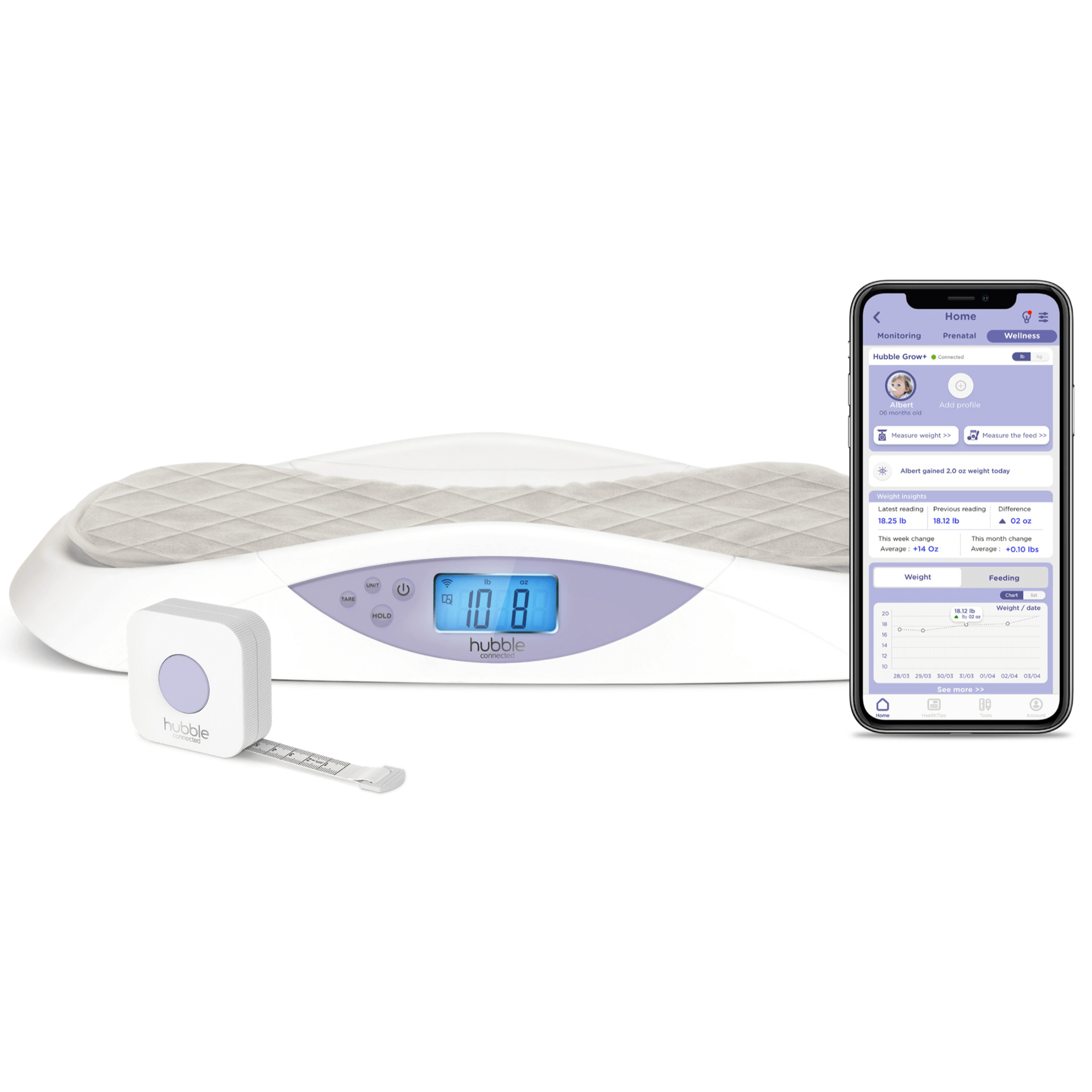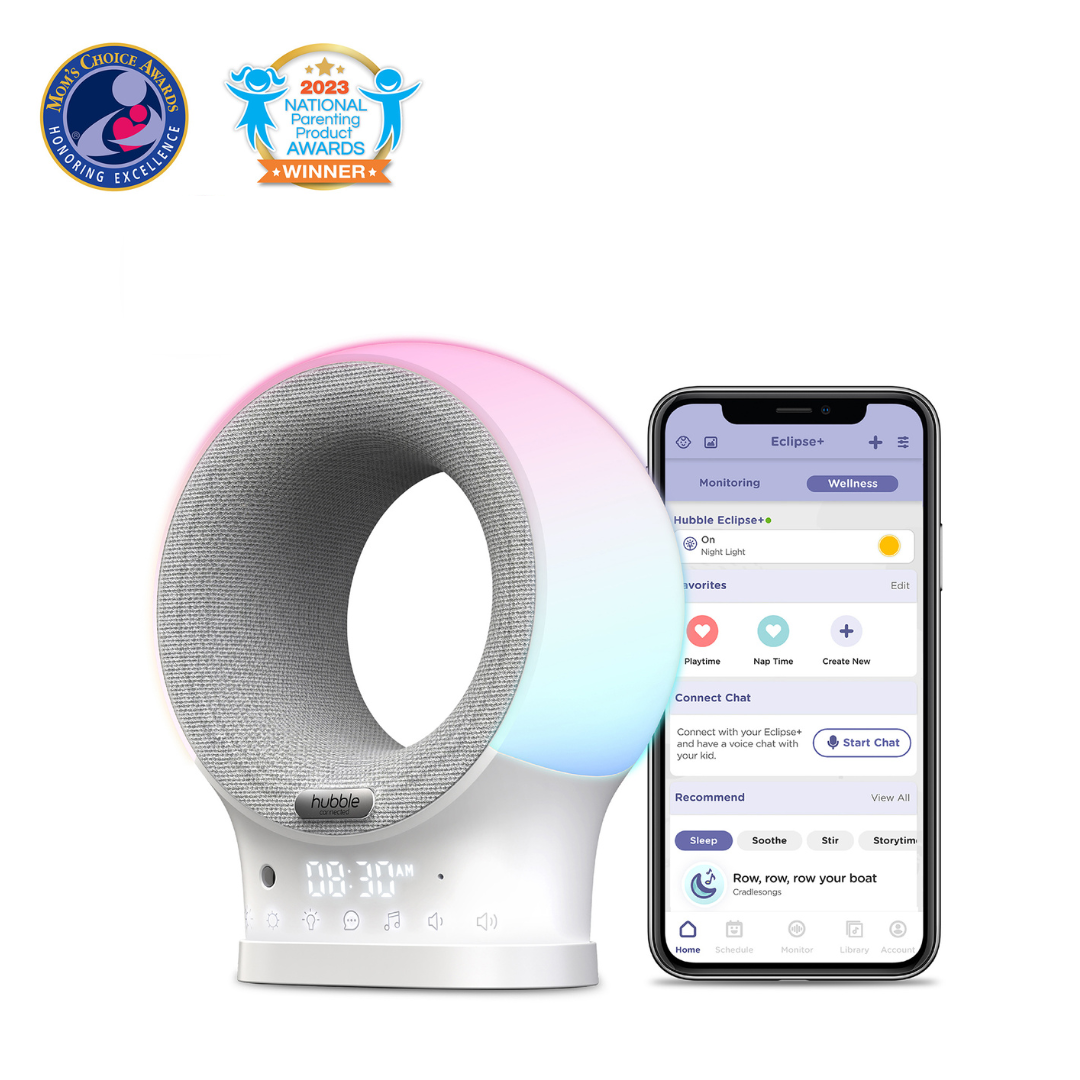Bringing a child into this world is a heavenly experience. After those nine months of regular checkups, vaccines, food cravings, insomnia, medications, etc., finally, the time comes to deliver the cute little human growing in your tummy. The postpartum phase not just brings your little bundle of joy to play with but also a series of bodily changes.
Here are the most common postpartum changes you can expect in your body:
- Stretch marks: Your skin becomes softer during the pregnancy period, and the skin in your tummy area stretches as the baby grows. So, the formation of stretch marks is almost inevitable. With time, these generally fade, more so with workouts and topical creams.
- Skin texture and skin discoloration: Some women may experience skin discoloration during pregnancy because of hormonal fluctuations. It may persist for some time as your hormones adjust to an empty uterus. OTC medications can easily treat most postpartum skin conditions.
Around 10% of mothers experience postpartum hair loss as their hormones relax after childbirth. Your hair growth will return to its original pattern in a few months after delivery.
You can expect breast enlargement during pregnancy. Prolactin is a hormone that stimulates milk production. It is also the reason behind postpartum breast enlargement. Once you stop breastfeeding, your breast size will go down.
Labor is extensively exhausting for most women, and it often results in postpartum body aches. Typically, the most common complaints include abdominal cramps (more frequently during breastfeeding) and aches. OTC painkillers generally help with postpartum aches.
As your body prepares to undo the changes that occurred during the 40 weeks of gestation, your hormones are often the first to start fluctuating. The common symptoms include:
- You can experience mood swings, anxiety, insomnia, and postpartum depression.
- Loss of sex drive: A fall in estrogen level along with the fatigue of caring for your little one can reduce your sex drive.
- Urinary incontinence: Your pelvic floor muscles often get weak during pregnancy. It leads to involuntary urine leakage. Practicing Kegel exercises during postpartum can help your pelvic floor muscles to get stronger. This will eventually cure the problem.
These postpartum changes are your body’s way of returning to its pre-pregnancy physiology. Listen to your body and mind during this period. Visit your doctor for regular checkups. A good postpartum period is crucial for your health and your baby’s health.
Moms also read: Things to routinely do for a healthy pregnancy.













Share: